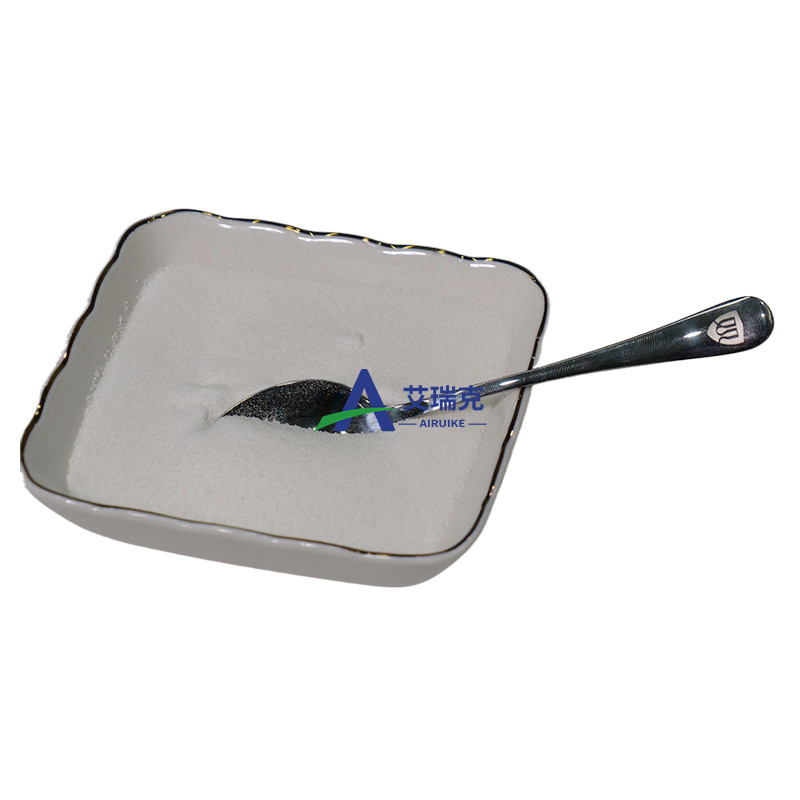Cosmetic Ingredient
- • Abrasive (124)
- • Absorbent (84)
- • Anticaking (66)
- • Anticorrosive (25)
- • Antifoaming (19)
- • Antimicrobials (290)
- • Antioxidant Ingredient (393)
- • Antiperspirant (20)
- • Antiplaque (48)
- • Anti-seborrheic (38)
- • Anti-sebum (39)
- • Antistatic (458)
- • Astringent (162)
- • Binding Agent (172)
- • Bleaching Agent (53)
- • Buffering (191)
- • Bulking (109)
- • Chelating (122)
- • Cleansing (679)
- • Cosmetic Colorant (212)
- • Cosmetic Preservative (158)
- • Denaturant (45)
- • Deodorant (98)
- • Depilatory (27)
- • Dissolving Agent (298)
- • Emollient (795)
- • Emulsifying Agent (480)
- • Emulsion Stabilising (154)
- • Exfoliating (19)
- • Film Forming (299)
- • Flavouring (72)
- • Foam Boosting (161)
- • Foaming (101)
- • Fragrance Ingredient (726)
- • Gel Forming (19)
- • Hair Conditioning (670)
- • Hair Dyeing (363)
- • Hair Fixing (36)
- • Hair Waving or Straightening (45)
- • Humectant (282)
- • Hydrotrope (92)
- • Keratolytic (20)
- • Light Stabilizer (80)
- • Moisturising Agent (50)
- • Nail Conditioning (42)
- • Occlusive (20)
- • Opacifying (119)
- • Oral Care (123)
- • Oxidising (19)
- • Perfuming (2105)
- • Plasticiser (98)
- • Propellant (19)
- • Reducing (50)
- • Refatting (12)
- • Refreshing (26)
- • Skin Cleansing (388)
- • Skin Conditioning (1751)
- • Skin Humectant (21)
- • Skin Protecting (282)
- • Smoothing (31)
- • Soothing (71)
- • Tonics (155)
- • UV Filter (34)
- • Viscosity Controlling (532)
Chemicals as Skincare Ingredients
Related News
-
Pfizer China Oncology Division Restructures Amid Executive Changes
2025-03-19 -
Price Surge Alert as Major Suppliers Increase Barium Sulfate Costs by 200 Yuan per Ton
2025-03-20 -
Shell Considers Partnering with the U.S. and Closing European Chemical Assets
2025-03-26 -
Quaker Houghton Acquires Dipsol Chemicals, Strengthening Advanced Solutions Portfolio
2025-03-27 -
AstraZeneca to Invest $2.5 Billion to Establish Global Drug R&D Center in Beijing
2025-03-25 -
Saudi Aramco CEO: Invest in downstream projects in China's energy, chemical and other fields
2025-03-28
Abrasive
-
Top Product / 99%
$395-499/MT FOB
-
Food Grade / 90%
-
Food Grade / 100%
-
![Wheat,ext. buy Wheat,ext.]()
IndustrialGrade / 99.00%
Request for quotation , get quotes from more suppliers.
-
Pharmaceutical Grade / 99%
$100/KG EXW
-
Pharmacy Grade / 99%
-
![Pomegranatebarkextract buy Pomegranatebarkextract]()
IndustrialGrade / 99.00%
-
![Pomegranate, ext. buy Pomegranate, ext.]()
Request for quotation , get quotes from more suppliers.
-
- / 99.00%
-
Chemical Grade / 99%
-
![POLY(METHYLSTYRENE-CO-INDENE) buy POLY(METHYLSTYRENE-CO-INDENE)]()
Industrial Grade / 99%
-
![POLY(METHYLSTYRENE-CO-INDENE) buy POLY(METHYLSTYRENE-CO-INDENE)]()
Request for quotation , get quotes from more suppliers.
Chalk
(13397-25-6)-
![CHALK buy CHALK]()
Industrial Grade / 99.0%
-
![CHALK buy CHALK]()
-
![CHALK buy CHALK]()
Industrial Grade / 99%
-
![CHALK buy CHALK]()
Request for quotation , get quotes from more suppliers.
Coffee, Coffeaarabica, ext.
(84650-00-0)-
Food Grade / 99%
$2.74-3.1/KG FOB
-
![Coffea arabica Linn., extract excluding roots buy Coffea arabica Linn., extract excluding roots]()
Industrial Grade or Medical grade / 99%
-
-
Request for quotation , get quotes from more suppliers.
ROSE HIPS EXTRACT
(84696-47-9)-
- / 99.5%
-
Food Grade / 17%
-
![ROSEHIPSEXTRACT buy ROSEHIPSEXTRACT]()
IndustrialGrade / 99.00%
-
![Rosehip Extract 10:1 buy Rosehip Extract 10:1]()
Different Grade / 99.9%
$0.1/KG EXW
Request for quotation , get quotes from more suppliers.
Almandine
(1302-62-1)-
![Almandine (Al2Fe3(SiO4)3) buy Almandine (Al2Fe3(SiO4)3)]()
Industrial Grade / 99.0%
-
![Almandine (Al2Fe3(SiO4)3) buy Almandine (Al2Fe3(SiO4)3)]()
-
![Almandine (Al2Fe3(SiO4)3) buy Almandine (Al2Fe3(SiO4)3)]()
-
![Almandine (Al2Fe3(SiO4)3) buy Almandine (Al2Fe3(SiO4)3)]()
Industrial Grade / 99%
Request for quotation , get quotes from more suppliers.
Eucalyptus globulus, ext.
(84625-32-1)-
- / 99.9%
-
![Eucalyptus globulus, ext. buy Eucalyptus globulus, ext.]()
-
![Eucalyptus globulus, ext. buy Eucalyptus globulus, ext.]()
Industrial Grade / 99%
-
![Eucalyptus globulus, ext. buy Eucalyptus globulus, ext.]()
Different Grade / 99.9%
$0.1/KG EXW
Request for quotation , get quotes from more suppliers.
Wheat flour
(130498-22-5)-
-
![Wheat flour buy Wheat flour]()
Industrial Grade / 99.0%
-
![Wheat flour buy Wheat flour]()
-
![Wheat flour buy Wheat flour]()
Request for quotation , get quotes from more suppliers.
-
- / 98%
-
- / 99.00%
-
![Barley, ext. buy Barley, ext.]()
Industrial Grade / 99%
-
![Barley, ext. buy Barley, ext.]()
Different Grade / 99.9%
$0.1/KG EXW
Request for quotation , get quotes from more suppliers.
Source Abrasive Raw Materials by Region
More Information
The mechanism of abrasives involves the physical action of abrasive particles on the surface being treated. In toothpaste, for example, abrasives like silica or calcium carbonate help to remove plaque, stains, and food particles from the teeth through gentle friction. Similarly, in exfoliating scrubs, abrasive particles such as sugar, salt, or microbeads work to slough off dead skin cells, revealing smoother, brighter skin beneath.
Common abrasive agents include:
● Silica: Commonly used in toothpaste, exfoliating scrubs, and polishing compounds.
● Aluminum oxide: An abrasive commonly used in industrial applications.
● Pumice: A volcanic rock with abrasive properties, often used in foot scrubs and callus removers.

























